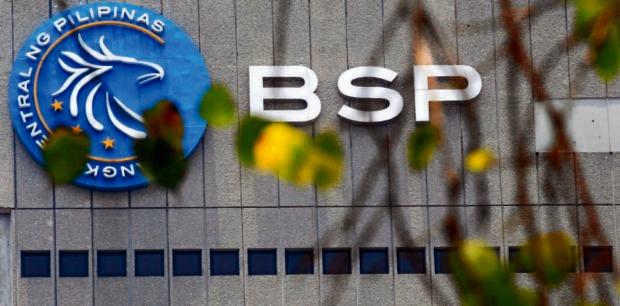Rising risks cut FDI inflows to PH by 10% in March
Net inflows of foreign direct investments (FDI) declined by 10 percent to $727 million in March from $806 million last year, mainly due to external risks such as the impact of the continuing war in Ukraine on trade of goods and the financial markets, according to the Bangko Sentral ng Pilipinas (BSP).
The BSP also said factors such as the start of monetary policy tightening in several major central banks such as the US Federal Reserve, and the resurgence of COVID-19 cases in many Asian economies including China, may have contributed to investors’ concern about the outlook on the global economic recovery.
Still, results in March helped bring about a 2-percent rise in first-quarter FDI inflows, which reached $2.44 billion from $2.39 billion in the same period of 2021.
“Higher net inflows from intercompany borrowing/lending between foreign direct investors and their subsidiaries continued to make up for the lower net inflows from new equity and reinvested earnings,” the BSP said in a statement.
In the first quarter, nonresidents’ net cumulative investments in debt instruments revved up by 34 percent to $1.9 billion from $1.4 billion.
Reinvestment of earnings for the three-month period decreased by 3 percent to $229 million from $236 million.
Further, nonresidents’ net investments in equity capital —other than reinvestment of earnings—fell by 70 percent to $311 million from $733 million.
Of this, there was a 58-percent drop in equity capital placements, to $352 million from $840 million.
This was slightly offset by a 61-percent drop in capital withdrawals to $42 million from $107 million.
Placements came mostly from Japan, the United States, Kuwait and Singapore, and were invested mainly in the manufacturing, real estate and financial and insurance industries.
The BSP said the sustained FDI net inflows in March alone came largely from non-residents’ net investments in debt instruments of local affiliates, which ballooned by 45 percent to $543 million from $374 million.
Equity capital placements were sourced primarily from Japan, the United States, and Singapore. These were infused largely to the 1) manufacturing; 2) real estate; and 3) financial and insurance industries. Reinvestment of earnings declined by 5.4 percent to $78 million from $82 million.
Also, nonresidents’ net investments in equity capital other than reinvestment of earnings, plunged by 70 percent to $106 million from $349 million.
Equity capital placements made in March shrank by 69 percent to $118 million from $378 million. On the other hand, equity capital withdrawals also eased—by 58 percent—to $12 million from $28 million.
Equity capital placements came in mostly from Japan, the United States and Singapore. These were channeled mainly to the manufacturing, real estate and financial and insurance industries.
Reinvestment of earnings in March eased by 5 percent to $78 million from $82 million.
Michael Ricafort, chief economist at the Rizal Commercial Banking Corp., said net FDIs inflows were still among the highest since the pandemic started and still near record highs on a monthly basis.
“FDIs remain one of the bright spots and one of the major pillars of the economic recovery program from COVID-19 for the Philippine economy,” Ricafort said.

